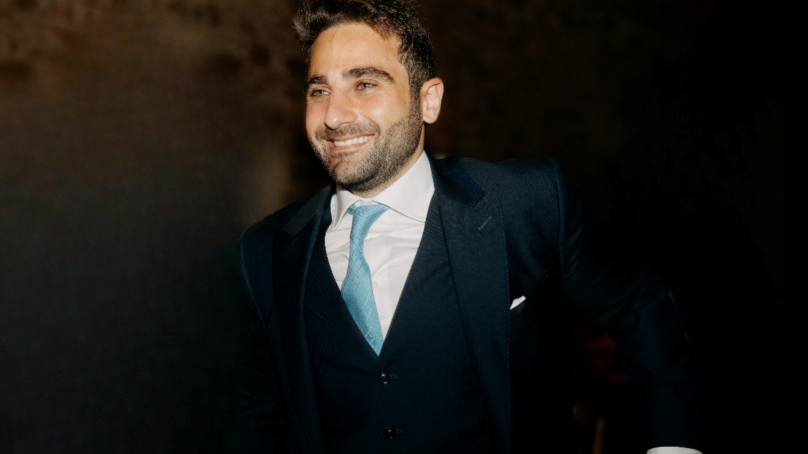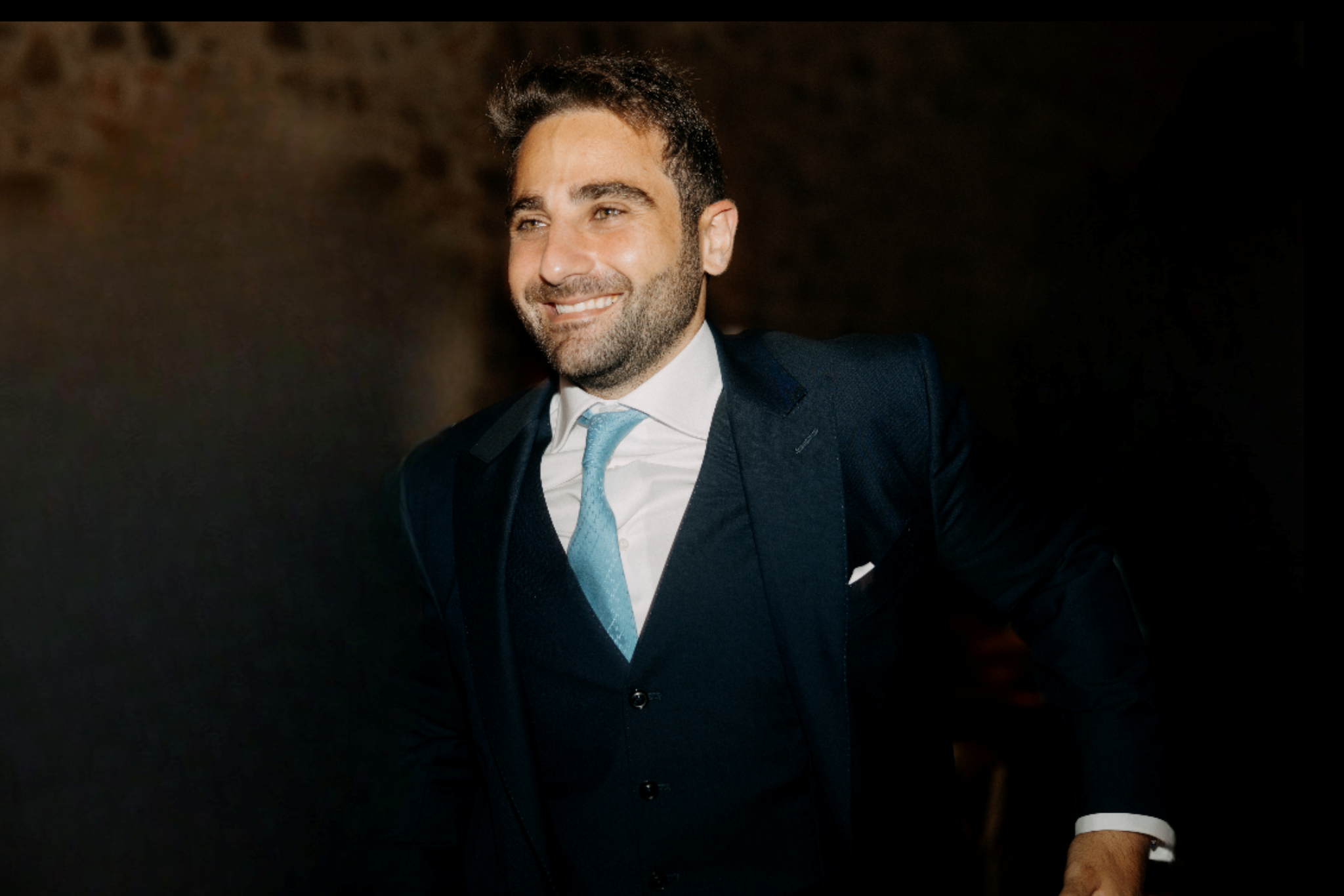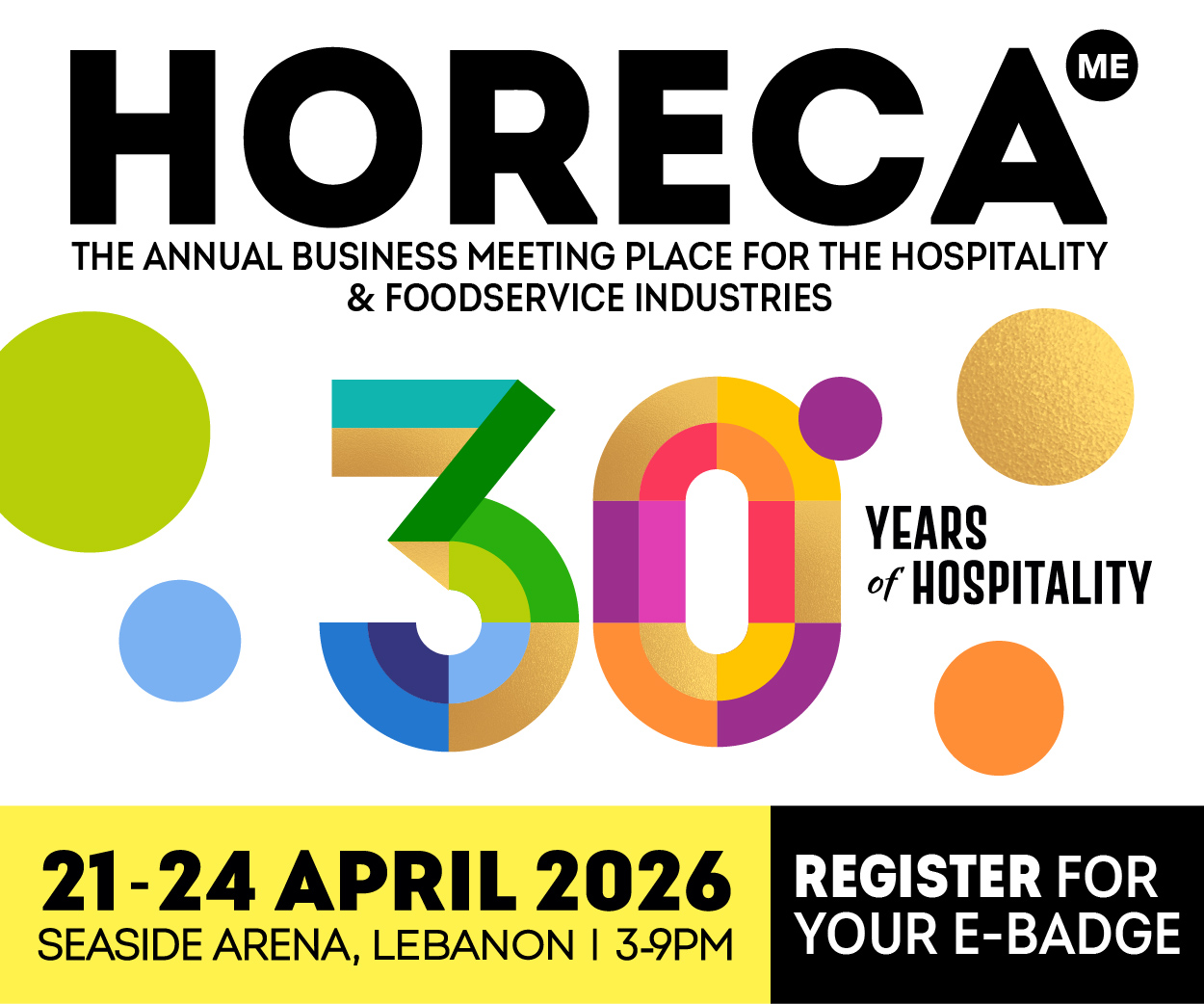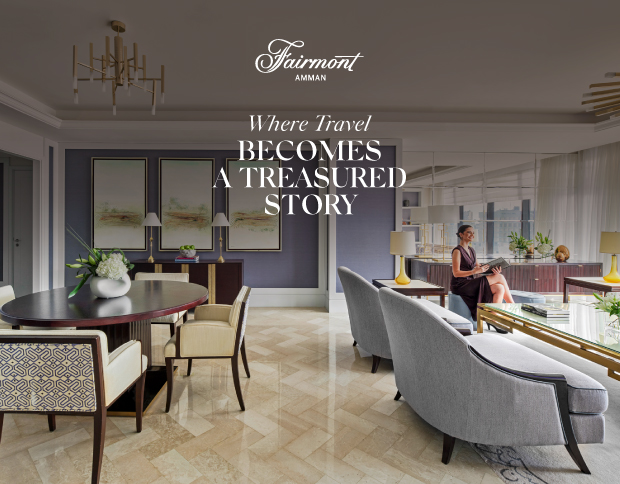Joey Attieh, restaurateur and entrepreneur behind Albé Barcelona and âme, was born in Beirut and trained in Switzerland. His deep Lebanese roots continue to shape his identity, creativity and hospitality journey. Guided by the belief that “what’s meant to be will always find a way,” he’s forging a bold path to place Lebanese cuisine firmly on the European map.
You were born and raised in Beirut and studied at Les Roches in Switzerland before moving into the culinary world. What parts of your Lebanese upbringing stayed with you through that journey?
Undoubtedly, my Lebanese upbringing has profoundly shaped every aspect of who I am and the person I continue becoming today. For instance, my earliest and most cherished memories are Sundays in Mehmarch with my grandparents, filled with warmth and shared traditions. Specifically, I remember picking figs with my grandfather and gathering eggs, then watching our harvest turn into a delicious homemade lunch.
Consequently, that connection to food and tradition deeply planted the initial seeds of my passion for the culinary world. Meanwhile, hospitality was something I naturally absorbed from my father’s family, who possessed a rare and remarkable gift with people.
Indeed, they consistently went above and beyond to make everyone feel special by creating unforgettable and meaningful moments of connection. Furthermore, my mother’s unwavering support and strong entrepreneurial drive have always been my most powerful source of motivation and encouragement.
Notably, her ambition, strength, and success in Lebanon have continued to inspire me as I’ve confidently carved out my own path.
Opening Albé in the middle of a pandemic was a bold move. What pushed you to move forward during such an uncertain time?
Opening Albé during the pandemic was a bold decision, yet it immediately felt right despite widespread fear and uncertainty. Afterward, when the hotel I worked at in Barcelona closed due to Covid-19, I had unexpected time suddenly on hand.
Like many others in the industry, I found myself at a complete standstill and searching for a new direction. Nevertheless, in that rare quiet, the idea of building something of my own kept rising steadily to the surface. Repeatedly, I tried to ignore it, but I simply couldn’t shake the feeling or silence that persistent inner calling.
Although the timing appeared chaotic, my entrepreneurial spirit, passed down from my mother, instead kept urging me to move courageously ahead.
Therefore, at only 23 years old, I finally took the leap and launched Albé, driven by everything that shaped me. Naturally, I drew inspiration from my father’s hospitality, my Lebanese roots, and a passion for working with local farmers and ingredients. Of course, we faced huge challenges, opening in September 2020 while Spain remained heavily affected by ongoing waves of COVID-19.
Yet in truth, every obstacle strengthened my resolve, and uncertainty itself gave me clarity, courage, and purpose to build something meaningful.
Albé quickly became a platform for Lebanese cuisine, wine and culture in Europe. What did you want guests to feel or understand the moment they walked in?
My goal was that they’d feel a sense of warmth. Above all, Albé was built on generosity and connection with values deeply rooted in the heart of Lebanese culture and hospitality. Beyond that, however, I envisioned a concept that respected local, seasonal products while reimagining them through a distinctly modern Lebanese lens.
Importantly, it wasn’t about replicating tradition but rather offering a contemporary and deeply personal interpretation of heritage.
What was the biggest challenge in translating Lebanese flavors and traditions into a fine-dining experience that resonated in Barcelona?
One key feature of fine dining in Barcelona is a strong focus on respecting and showcasing the region’s exceptional local produce. Consequently, one major challenge we faced was balancing authentic Lebanese flavors with the culinary expectations and preferences of this city.
Instead of replicating dishes exactly as in Lebanon, we aimed to capture Lebanese cuisine’s warmth, generosity and layered complexity. Therefore, we expressed that essence in a fresh, creative way that remained honest but also felt natural within a Barcelona context.
Our goal wasn’t strict tradition, instead, we reinterpreted Lebanese food with originality, thoughtful intention, and a respect for seasonal ingredients. Ultimately, that blend of authenticity and adaptability helped Albé resonate with guests while honoring the incredible producers of this region.
Shortly after launching Albé, you co-founded âme, which made it onto the Michelin Guide in just three months. What do you think made that rapid recognition possible?
âme was founded in 2023, and the timing played a significant role in shaping its direction and early momentum. By then, we had already gained valuable experience through Albé and earned a strong reputation across Barcelona’s dynamic dining scene. Consequently, that journey gave my co-founder and me a solid foundation to build on with greater confidence and clear intention. Additionally, our incredible team at âme made everything possible through their dedication, talent, and belief in our shared creative vision. From the very beginning, we stayed focused and intentional, ensuring every detail aligned with our standards and expressed exactly what we envisioned.
How do Albé and âme differ in personality or purpose?
Albé and âme differ significantly in terms of overall concept, guest experience, and the atmosphere they each aim to create. In contrast, âme is a smaller, intimate tasting-menu restaurant where chefs lead the experience and enjoy creative freedom to experiment freely. Furthermore, the environment at âme supports a more classical, French-inspired approach that allows refinement, precision, and artistic culinary expression to flourish. Albé, on the other hand, emphasizes the full dining experience. We blend food, hospitality, and Lebanese culture in a warm, relaxed setting.
Importantly, what unites both restaurants are shared values: seasonality, support for local producers and care for each thoughtfully crafted dish.
Ultimately, despite their stylistic differences, both Albé and âme are driven by craftsmanship, ingredient integrity, and the stories food can tell.
You’ve mentioned wanting to put Lebanese wine on the European map. What’s one bottle or varietal that you think could surprise European wine lovers?
Undeniably, Chateau Musar is an easy passport to someone’s heart, and its presence has grown across European wine menus recently. However, at Albé, we aim to showcase all of Lebanon’s wine regions, sharing the stories and terroir behind each bottle. Through thoughtful storytelling, we introduce guests to different Lebanese wineries, transmitting their history and unique character through every glass we serve.
As a result, guests at Albé are loving the experience, especially during our wine pairings that highlight regional Lebanese diversity beautifully. In fact, our pairings take guests on a journey through Lebanon’s wine regions, making each sip feel both immersive and memorable.
If I had to choose grape varieties, I’d proudly highlight Merwah and Obeidi—both native to Lebanon and remarkably distinctive. Moreover, it’s a genuine honor to introduce these lesser-known grapes to guests who may be tasting them for the very first time.
As one of Barcelona’s youngest restaurateurs, how do you handle leadership?
Undoubtedly, leadership in hospitality is evolving, with a growing shift toward fostering healthier, more supportive environments for teams, an encouraging development overall.
For me personally, that’s always been a key priority: creating a workplace where people feel valued, motivated and proud every day. At both Albé and âme, our teams are the heartbeat of everything—we simply couldn’t create memorable experiences without their dedication. Indeed, they’re the reason guests return, and their happiness directly shapes the energy, service, and warmth guests feel throughout each visit. That’s precisely why I’ve consistently focused on ensuring excellent working conditions that genuinely support and empower every individual on our team. By prioritizing staff wellbeing, we’re not just improving culture—we’re transforming the entire hospitality experience for both our team and our guests. Ultimately, a fulfilled team leads to a welcoming atmosphere, genuine service, and an environment people are always excited to return to.
Having already accomplished so much so young, what do you think drives your ambition today compared to when you first started?
Ambition is an evolving force; consequently, what motivates me now differs greatly from what initially sparked my desire to achieve. At first, I was driven by a need to prove myself and bring my boldest creative ideas to life. However, over time and through countless experiences, I’ve discovered that true growth arises from handling pressure and mastering moments of stress.
Moreover, each challenge has strengthened my resilience, refining how I face obstacles and enhancing my ability to lead under pressure. Now, as I reflect on all that I’ve accomplished, I recognize both the milestones reached and the road ahead.
Ultimately, that vision, knowing there’s always another level to reach, ignites my current ambition and keeps me progressing toward greater goals.
Lebanese cuisine is often underrepresented in Europe. What stereotypes or misconceptions are you hoping to challenge through your work?
Abroad, Lebanese cuisine is often grouped with other Middle Eastern cuisines which can lead to misinterpretations. While there are many shared influences, Lebanese gastronomy has distinct flavors and traditions that deserve recognition.
What are your future plans?
To continuously represent Lebanon in the F&B industry in Spain and in other European countries in the future.











